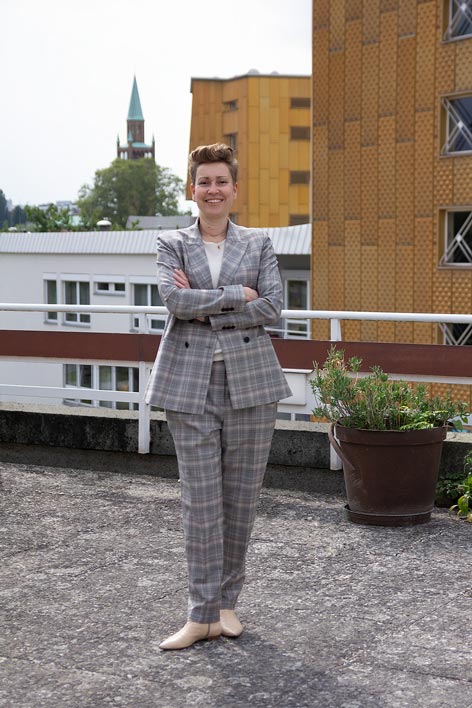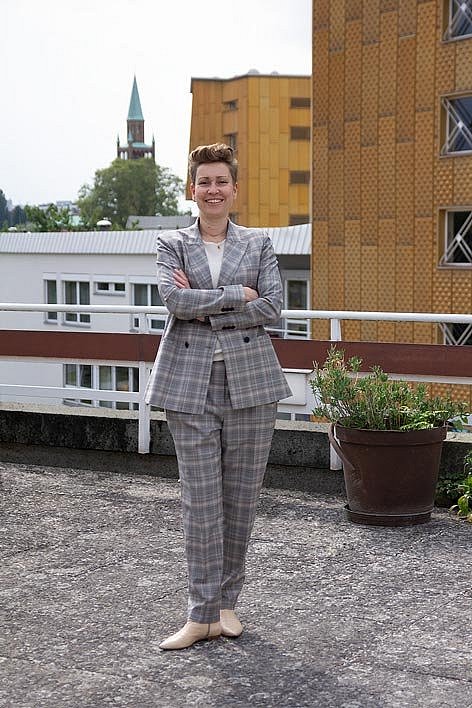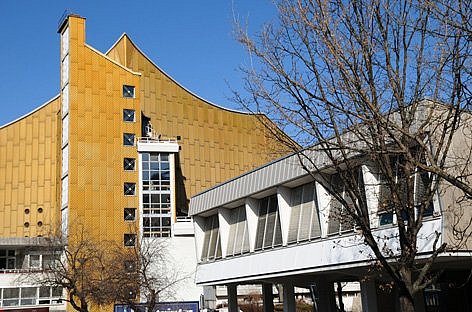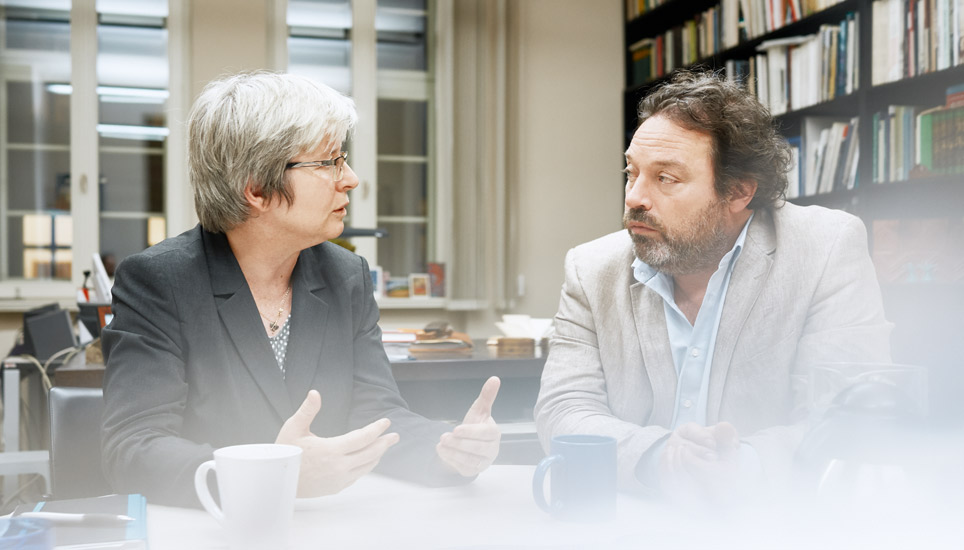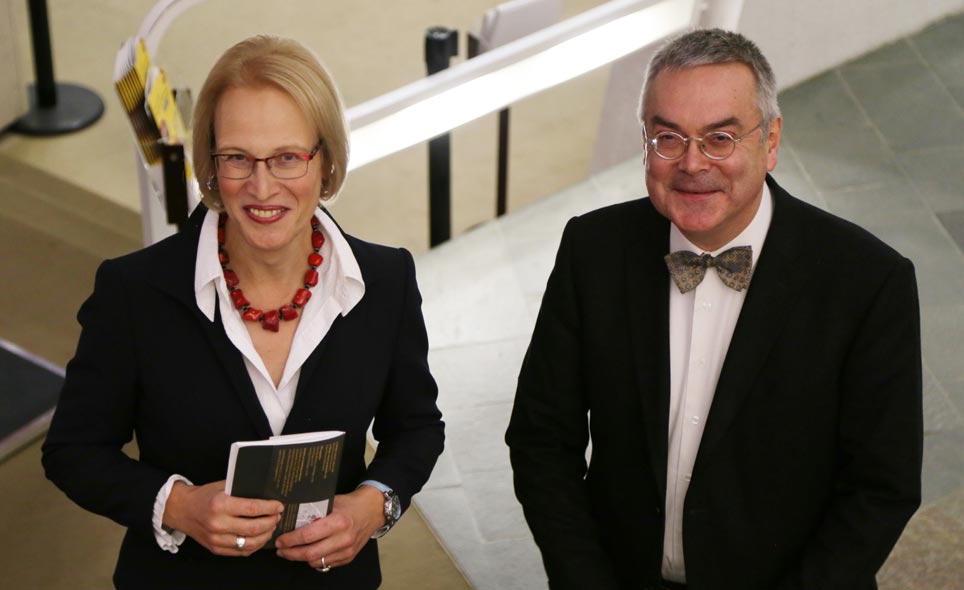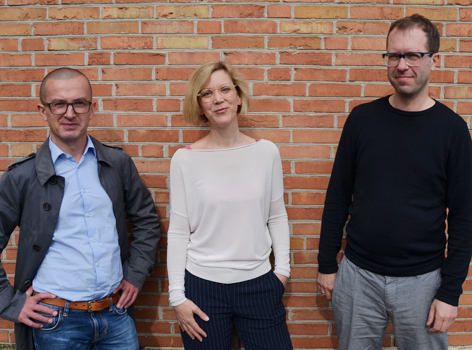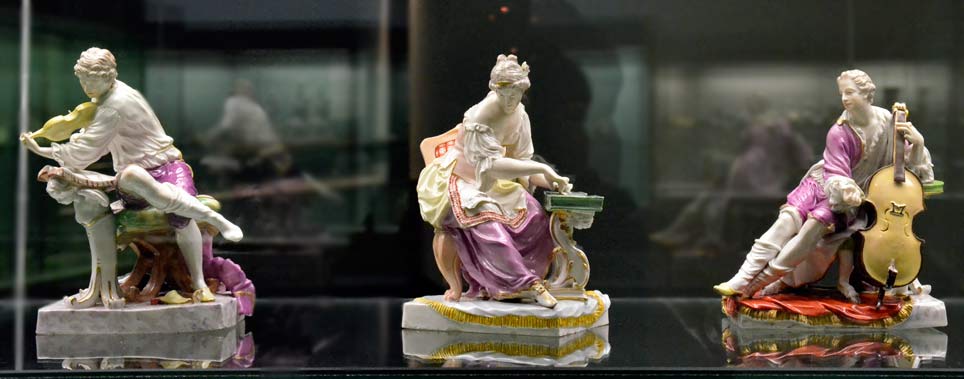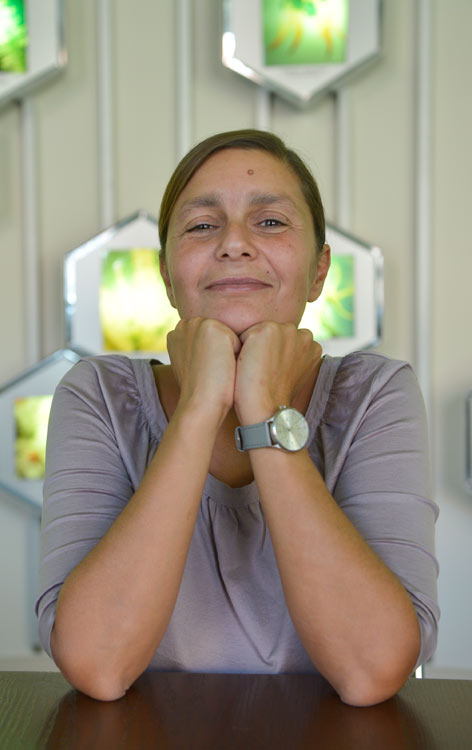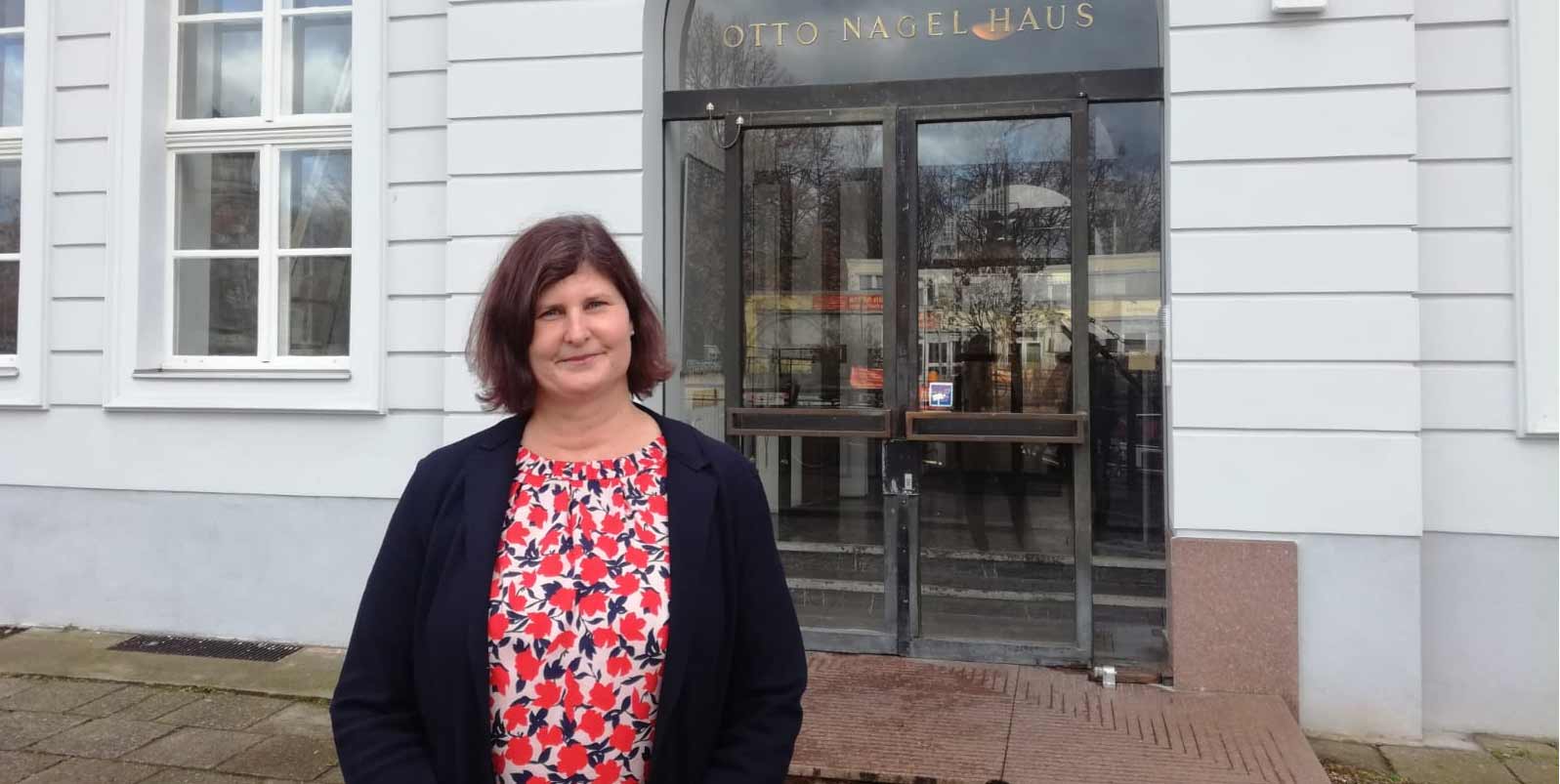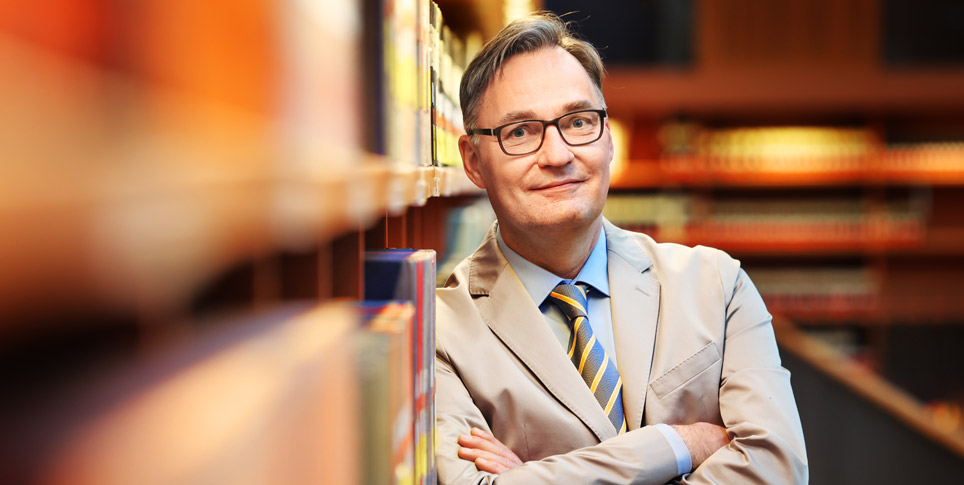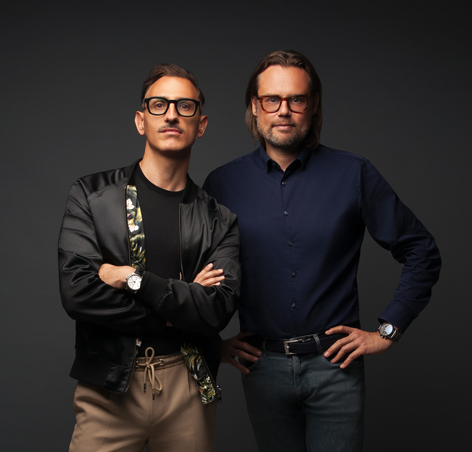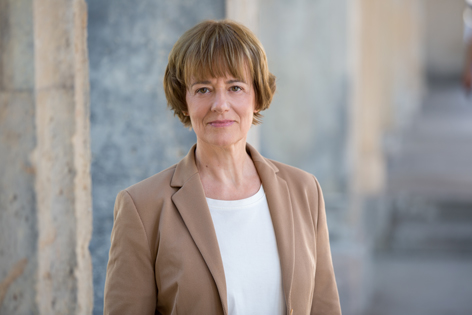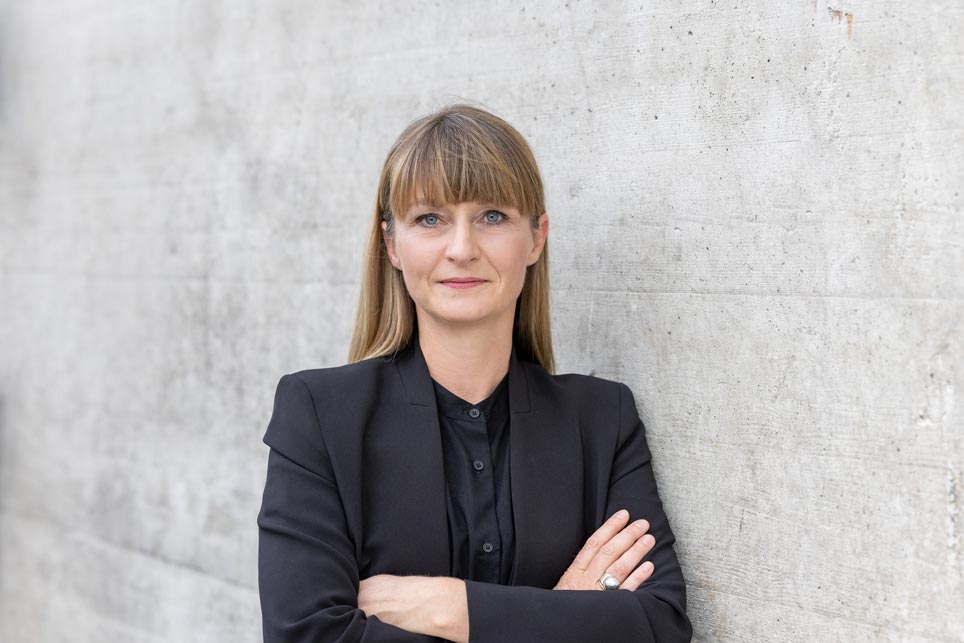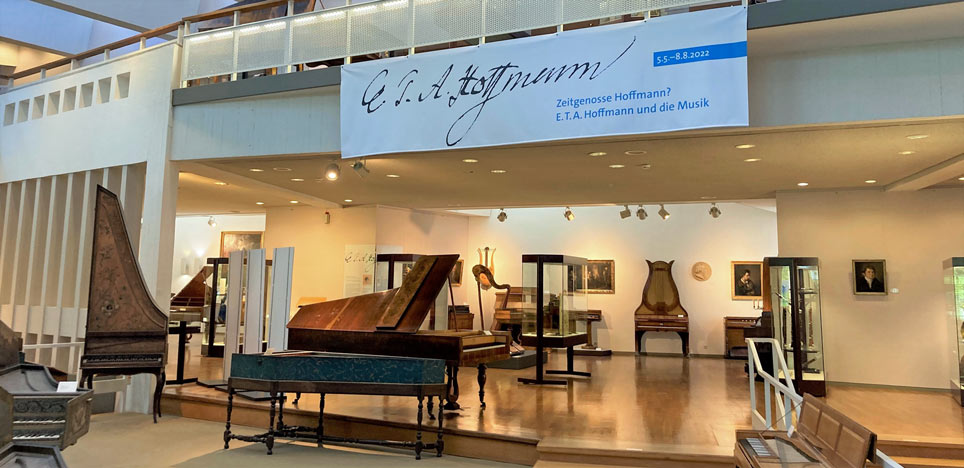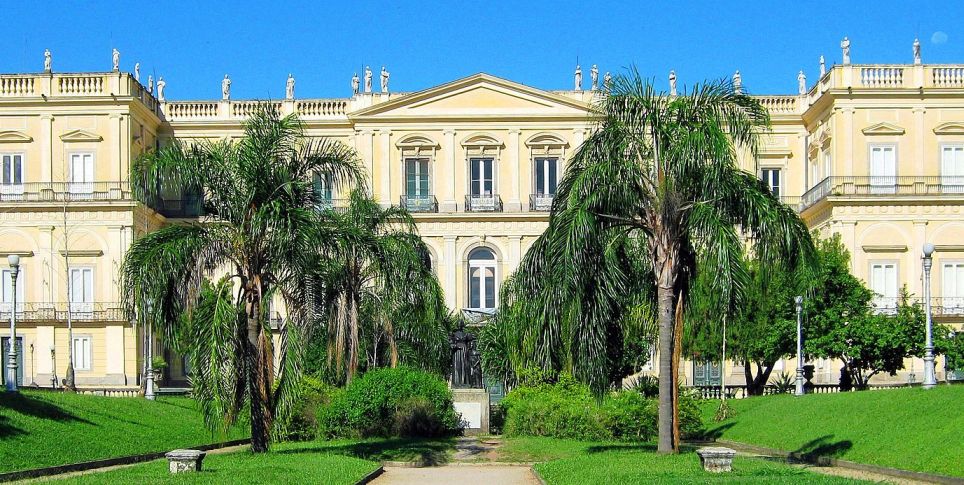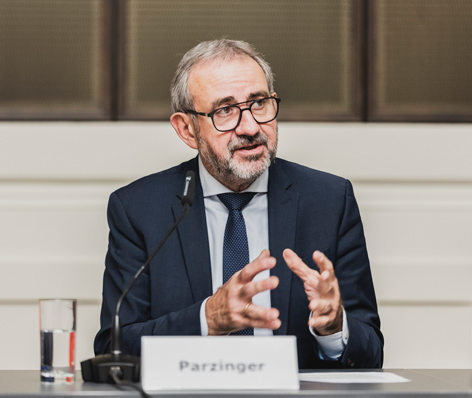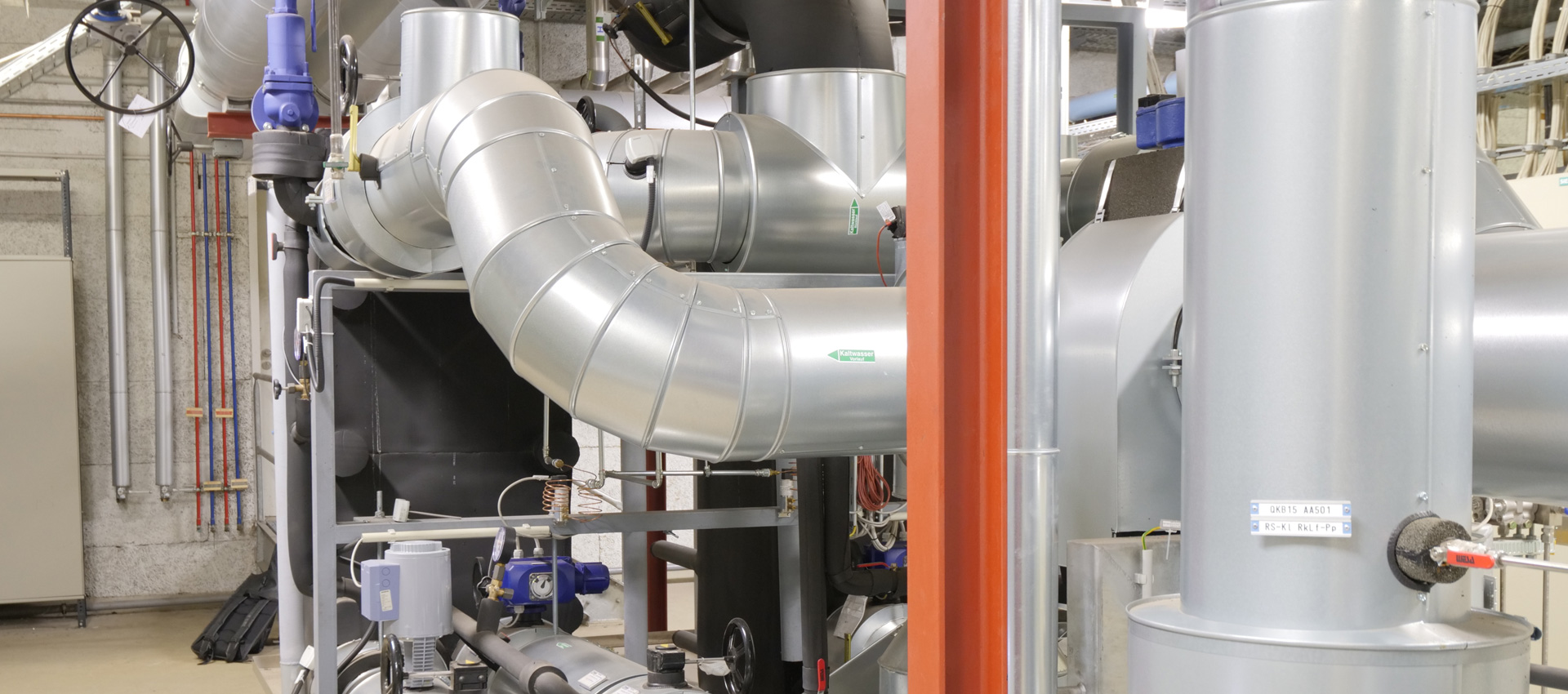The Staatliches Institut für Musikforschung is getting a fresh start under its new director, Rebecca Wolf
For those who are not familiar with it, the Staatliches Institut für Musikforschung (State Institute for Music Research) is located in a building next to the Philharmonie in Berlin. The institute has recently gone through a turbulent time, but now it is ready for a new start. The Scientific Board had called its continued existence into question, but international musicologists fought to save this unique institution and for internal reform. And then, in August, the new director arrived. We talk to Rebecca Wolf about new ways forward, open doors, and a dream or two.
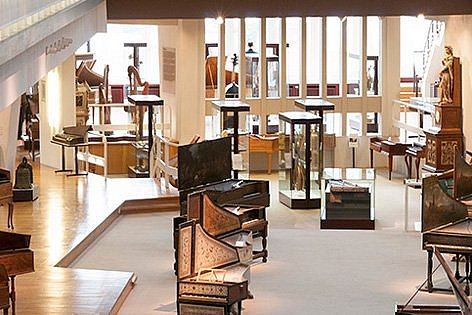
The Musikinstrumenten-Museum of the Staatliches Institut für Musikforschung © SIM PK, Anne-Katrin Breitenborn
The much-vaunted first hundred days have passed. How do you feel in your new home? Exhausted from fighting or ready for a fresh challenge?
Rebecca Wolf: Both. It has been a long-drawn-out process for everyone: the preparations for the evaluation, the evaluation itself, and finally the result. Everyone has their own personal experience of this process. My impression is that many of the staff here are gathering new energy. I received a very open-hearted welcome with a lot of ideas. We really got started right away and put together a lot of ideas for externally-funded projects. I am really happy with the level of commitment and now we can look ahead!
That begs the question of what is going to change at the Staatliches Institut für Musikforschung as a result of the evaluation.
Wolf: The second report was very important and very constructive for us. It identifies points that we need to address. Yes, we must become more international! Another issue is the holistic concept: the task of relating a diverse collection of objects to specific research projects. Sure, we can't do anything and everything related to music, but we do have considerable freedom to draw up a strategy now that will be viable in the long term. We ought to make the most of this momentum.
What do you mean when you talk about thinking more globally? After all, your collection is strongly European in character.
Wolf: We need more cooperation at an international level. Our expertise lies in European music, but it would be exciting to study how this music is received in Asia or Africa. How is that reflected back to us and how is our musical culture actually influenced by it? After all, historians have long had a focus on global history. We're sure to find partners there.
And doubtless within the Stiftung Preussischer Kulturbesitz (Prussian Cultural Heritage Foundation) as well.
Wolf: Yes, of course. We are already talking to the ethnomusicologists, and after the Astor Piazzola project next year we will carry out joint research into a collection from Lima with the Ibero-Amerikanisches Institut (Ibero-American Institute). It's about piano rolls for pianolas – self-playing pianos. We also have programmed music systems like that in our collection. This is an example of what I would like to do: examining and presenting objects in the collection at the same time as researching cultural history.
When you started your job, you said that there was no blueprint for the SIM. How was that meant?
Wolf: There is no predetermined plan that we have to follow. We have a lot of freedom in the content of our work, but also a lot of tasks to attend to. The SIM has many options when it comes to choosing topics. We do research, but we also communicate and educate. There is a wonderful range of possibilities. To give an example, the history of music theory offers us various options. We can go back in history with Medieval-Renaissance research, but we can also look at the present. I prefer the latter. Just think how the institute recently told the story of electronic musical instruments in a highly successful temporary exhibition. It's a subject with roots in this city and I think it's wonderful that now the SIM is also receiving inquiries from the field of popular music.
The SIM is located at a hotspot of Berlin's music scene, where musicology and concerts combine perfectly. How are things going with your neighbors in the Philharmonie?
Wolf: I have already met the director, Andrea Zietzschmann, and we have sketched out some initial ideas. In the coming year, the First Symphony by Rued Langgaard, known as the Cliff Pastoral, will be performed in the Philharmonie on three evenings. We have the sheet music and the autograph of this composition, which we will put on display. We will also be holding lectures and introductory events related to it. There is a door connecting us directly to the Philharmonie, which will be open for that. We want to be more, however, than just a venue for concert introductions for Philharmonie audiences. That's why we are offering family tours as part of the MIM Kids series from March to June. They start in the Philharmonie and end up in the SIM.
Next year is the bicentenary of the death of E. T. A. Hoffman. What are you planning for that?
Wolf: We were inspired by two of his writings, in particular: firstly The Automata and secondly the Sandman. We are taking them as starting points to look at the topics of music machines, the storage of music, and mechanical music-making. We certainly have the objects for that! There will be a temporary exhibition dealing with Hoffmann's fantastic world and the complex relationships between man, machine, and music. On this, we are in close consultation with the Staatsbibliothek (State Library), where an exhibition is also planned. We also have the SIM Science series, aimed at arousing broader public interest, and a symposium for scholars and researchers later in the year.
There will also be a joint project with the Geheimes Staatsarchiv (Secret State Archives) on patents for musical instruments. What exactly is that about?
Wolf: Yes, a wonderful digitization and development project. People assume that patent specifications must be a very dry subject because they go into such a mass of technical detail. But they are valuable sources for the study of instruments, in particular, and also for the history of technology or media studies. They let you see which inventions ended up successful and why. Take the Boehm flute, for example. It is the standard flute in every orchestra in the world. Why did this design prevail over the others? These patent specifications, especially, are of great help in answering such questions, and perhaps also in deducing why a particular thing was invented. What was the inventor's objective, and was it achieved? You can weave quite a story out of it.
This year, the spotlight has really been on the Kulturforum. The Neue Nationalgalerie has been re-opened, the Museum des 20. Jahrhunderts (Museum of the 20th Century) is under construction, and the neighboring institutions have joined forces with the aim of making the whole greater than the sum of its parts. How does the SIM see its role in this process?
Wolf: My dream would be that we are a kind of audio entrance to the Kulturforum. Ideally, we would have more space so that we could enlarge our collection a bit. Our study collection and storage capacities are full. From time to time, we are offered wonderful objects, but we need to have space for them. If we could build an extension for them that would also provide an attractive entrance area, it would be ideal.
We also want to continue cooperating successfully with our neighbors on specific topics. At the moment, for example, we have the Porcelain & Music series, funded by the Prussian Cultural Heritage Board of Trustees, for which we have joined forces with the Kunstgewerbemuseum (Museum of Decorative Arts). It's really nice and it's been very well received! The events are held on both premises, allowing the audience to learn something about art history and musicology as well as listening to music. Ultimately, it is a kind of themed promenade through the Kulturforum. I imagine that 'small-but-beautiful' formats like that would be very well suited to us as a network.
In your inaugural speech, you spoke of creating a foundation-wide project, Music in the SPK, which would "combine music, associated disciplines, theory, and practice around changing topics such as digitization, provenance, material culture, restoration research, sensory perception and much more." When is this going to start?
Wolf: If we manage to do two events a year, that would be great. I would also like to raise the SIM's profile as a location for experimental formats, and explore topics that might not seem obvious at first sight, such as sustainability, material qualities, and digitization. The strength of the SPK is that we are not just individual museums, libraries, or research institutes; we are in an ideal position to examine and combine things from very different perspectives.
Another question about the reform of the SPK: what do you expect from it?
Wolf: Conceptual autonomy is very important, without doubt. The will and the momentum needed to tackle things together, so that the Foundation is well positioned for the future – that can be felt in all of the institutions.
